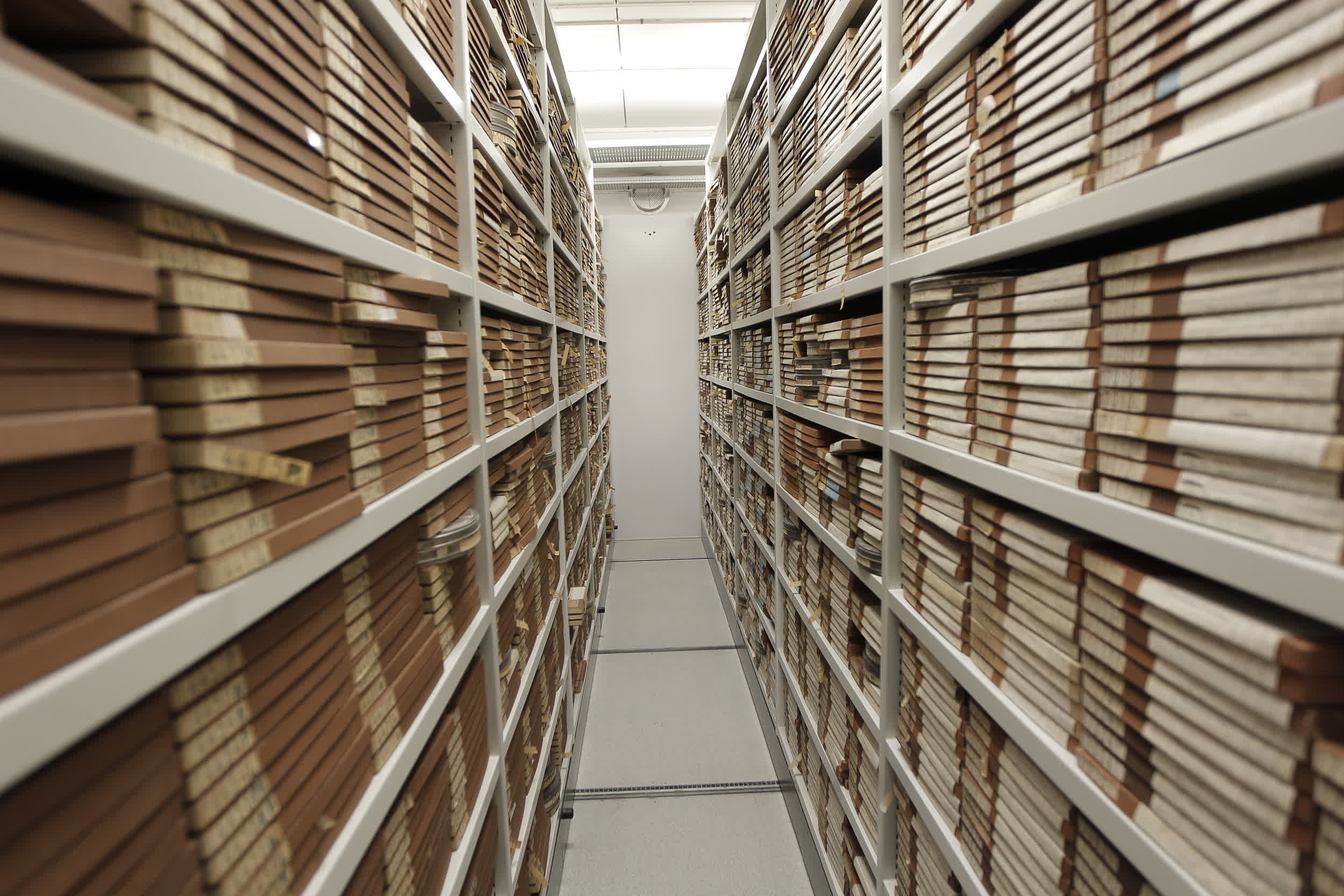Windows 11 adds native support for RAR, 7-Zip, Tar and other archive formats thanks to open-source library::undefined
If they’re incorporating open libraries, Hopefully support for real filesystems will be next
Other file systems are supported since Win10.
tell that to my btrfs formated USB sticks or when I try to access an ext4 partition from a windows machine
not really scalable when you want to just stick the usb stick in a family member’s PC. They dont want you fucking around with WSL, or they probably run home edition which has no hyper-v for WSL
Then use NTFS or FAT, problem solved!
Yes reformat my already working keys for the one time I have to plug into a Windows box, or you know Microsoft could put the effort into being compatible.
They did. But you always have something to complain about. Grow up.
Humm, I doubt it as NTFS has ACLs built in to FS directly, so far I don’t know if Linux FS has that feature, I know that ACLs exists in the Linux file world, but I don’t know if they are built in durectly in the FS.
Pretty much all Linux FS support ACLs and have for an eternity.
The thing is that nobody uses ACLs because the good ole user/group/world rwx scheme is much less of a hassle to work with in 99.9% of the cases and the remaining 0.01% can still be done.
User/group/world scheme is useless in most cases.
I wonder how long before I can send someone a .7z file without “hurr durr I can’t open this”.
Like, OpenDocument support exists in Office 2003 and I still encounter those who can’t open a .odt file.
Serious question: why would one use .7z when .tar.gz and .tar.xz exist?
Tared files are cancer and should never be used for any reason.
Wtf are you on… It’s literally just a way to turn a bunch of files into one. You can feed it into a makefile and make a single file installer like nothing. Apps are based on the concept. It’s a key technology for all sorts of applications
It’s so simple it works for anything, anywhere… It’s like saying virtualization is cancer. It’s often annoying when you have to interact with it directly, but everything we love is built on it
Tared compressed files are bad archives. You can’t retrieve a single file without unpacking everything. You can’t add new files or replace contents of existing files without unpacking and repacking everything. They are just very outdated and have poor design. There are no reasons to use them.
They’re bad for storing files, but a great way to turn a folder into a file.
Installers don’t need to be modified or used in part
Why do you continue talking about installers? That’s not the reason people invented archives and compression.
Ok, you have this design, which every installer in the world uses. Some are more compressed, some are signed, some bootstrap a downloader - but at the end of the day, every downloadable installer uses the same basic concept. From Windows installers to dmg to flatpacks to app bundles - same basic idea.
A tarball is a bunch of files laid end to end, it’s good for one thing and one thing only - treating a bunch of files as one. It’s great at that… If you want to compress it, it’s not context aware enough to let you decrepit them individually - they’re encrypted as one file
It’s a bad way to store compressed archived info, I’ll grant you that, but it’s a great way to share a program or library to reproduce a bunch of files that make no sense to handle individually.
For another example, what about the layers of a photo editing program? What about the individual tracks in a music editing program?
It’s an incredibly useful pattern that is used in countless ways. It’s simple, easy to implement, and used everywhere to great effect




